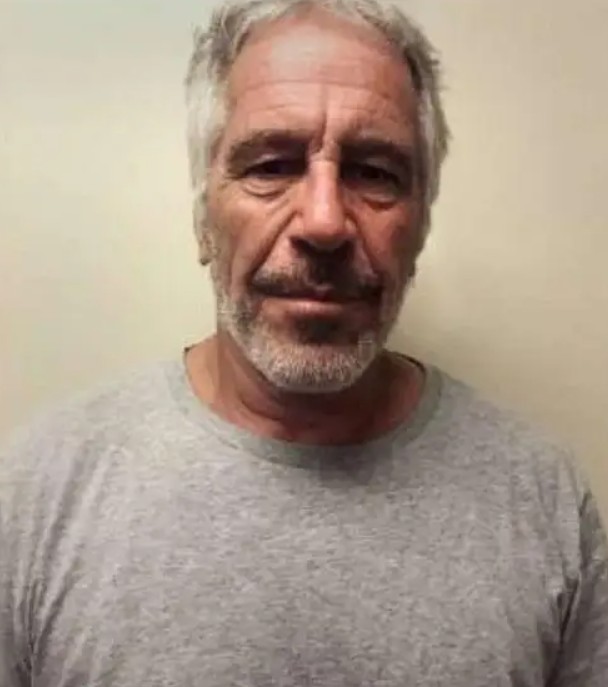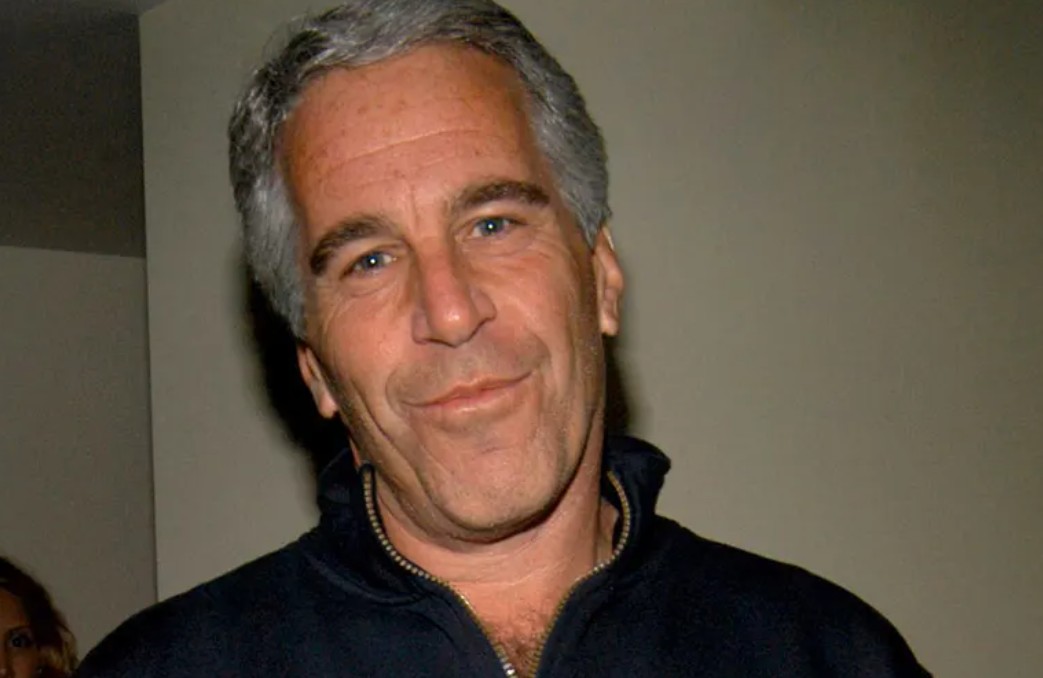Jeffrey Epstein Video Reviewed by FBI Confirms No Foul Play
In a long-awaited development that aims to put persistent conspiracy theories to rest, the U.S. Department of Justice (DOJ) and the Federal Bureau of Investigation (FBI) have jointly released a memo detailing the findings of an exhaustive review into Jeffrey Epstein’s criminal case and death. Contrary to widespread speculation, the review concluded that there is no so-called “client list,” no credible evidence of blackmail involving powerful individuals, and reaffirmed that Epstein died by suicide in federal custody.
Content
- 1 A Disgraced Financier and Video
- 2 DOJ and FBI Close the Case: Key Findings
- 3 Political and Public Pressure to Release Files
- 4 The “Epstein Files” Binders and Social Media Backlash
- 5 Elon Musk’s Allegations and Trump’s Denial
- 6 White House Defends Administration’s Transparency
- 7 Acknowledging Epstein’s Victims
- 8 No Further Disclosures Expected
A Disgraced Financier and Video
Jeffrey Epstein, a wealthy financier with powerful connections in politics, business, and entertainment, was arrested in July 2019 on federal sex trafficking charges involving underage girls. Just over a month later, on August 10, 2019, Epstein was found dead in his cell at the Metropolitan Correctional Center (MCC) in Manhattan.
His death, which occurred under controversial circumstances, fueled a firestorm of rumors and theories—many speculating that influential figures may have played a role in silencing him. Since then, Epstein’s case has remained a topic of public fascination and political contention, with repeated demands for transparency and accountability.
DOJ and FBI Close the Case: Key Findings
The recently released memo, first reported by Axios, lays out the findings of the Justice Department and FBI following a multi-year investigation. It addresses several key questions that have dominated public discourse.
1. Cause of Death: Suicide Confirmed
According to the memo, Epstein died by suicide while in custody. The review included analysis of video surveillance footage from the night of his death. Investigators confirmed that Epstein was locked alone in his cell and that no one entered the unit’s tiers at the time. This debunks widely circulated claims that he may have been murdered or that his death was staged.
2. No Client List or Blackmail Evidence
Perhaps most critically, the memo categorically denies the existence of a “client list” of prominent individuals who allegedly used Epstein’s sex trafficking network. The investigators also stated that there was “no credible evidence” of Epstein blackmailing public figures or leveraging compromising materials against them.
Moreover, the review emphasized that no evidence had been found that could warrant investigations into “uncharged third parties.” In effect, this indicates that no additional individuals—at least among the publicly speculated elite—were implicated in criminal behavior based on the evidence available.
Political and Public Pressure to Release Files
The release of the memo comes after increasing public and political pressure for transparency. Attorney General Pam Bondi and other senior officials had promised full disclosure of Epstein-related files earlier this year after former President Donald Trump returned to the White House. The administration’s commitment was viewed as a gesture toward resolving years of public skepticism and to counter accusations of a governmental cover-up.
During a Fox News interview in February, Bondi made headlines by claiming that a “client list” was on her desk, a statement that led to renewed speculation. However, the recently released memo makes clear that no such list was ever verified to exist.
The “Epstein Files” Binders and Social Media Backlash
In February, the administration took a further step by inviting a group of 15 right-wing social media influencers to the White House. They were presented with binders labeled “The Epstein Files: Phase 1,” reportedly distributed by Bondi during a meeting attended by President Trump, FBI Director Kash Patel, and Vice President JD Vance.
Yet any hopes for explosive new revelations were soon dashed. The influencers later revealed that the binders contained materials that were already publicly available or had been leaked previously but not officially acknowledged. While this gesture was framed as a move toward transparency, critics viewed it as symbolic rather than substantive.
Bondi later confirmed that the contents of the binders consisted of declassified documents that were already in the public domain and that no new information was included.
Elon Musk’s Allegations and Trump’s Denial
Adding another layer to the controversy, billionaire entrepreneur Elon Musk publicly alleged that the Epstein files were being suppressed because Trump himself was named in them. The fallout from Musk’s claim followed a recent political rift between the two former allies.
Trump quickly responded on social media, dismissing the allegations and calling any supposed connection to Epstein “old news.” In an NBC News interview, Trump clarified that he had not maintained a relationship with Epstein for nearly two decades before the financier’s death.
This exchange underscored the political weaponization of Epstein’s legacy and the ongoing struggle to separate fact from fiction in the public mind.
White House Defends Administration’s Transparency
On Monday, White House Press Secretary Karoline Leavitt addressed the media, defending the administration’s approach to handling the Epstein case. She reiterated that President Trump had directed the DOJ and FBI to conduct a full review and provide public access to the findings wherever possible.
“There was material they did not release, because, frankly, it was incredibly graphic and it contained child pornography, which is not something that’s appropriate for public consumption,” Leavitt said. “But they committed to an exhaustive investigation. That’s what they did, and they provided the results of that.”
When asked about Bondi’s earlier comment regarding the “client list,” Leavitt clarified that Bondi was referring more broadly to the entire compilation of documents connected to Epstein’s criminal activities.
Acknowledging Epstein’s Victims
One of the most sobering sections of the DOJ and FBI memo concerns the impact on Epstein’s victims. The review confirmed that over 1,000 individuals were harmed by Epstein’s actions. Each victim, the memo notes, experienced “unique trauma” as a result of his criminal exploitation.
The memo highlighted the importance of centering victims in the narrative rather than indulging in speculation. “One of our highest priorities is combatting child exploitation and bringing justice to victims. Perpetuating unfounded theories about Epstein serves neither of those ends,” it stated.
No Further Disclosures Expected
The memo concluded by affirming that the DOJ and FBI had “labored to provide the public with maximum information” and that, based on the evidence available, “no further disclosure would be appropriate or warranted.” This signals that the government considers the matter largely closed—at least from an investigative standpoint.
The message was clear: while the public deserves transparency, it also deserves facts. And in this case, the facts do not support the many dark rumors that have surrounded the Epstein case for years.
Despite the comprehensive review and the categorical conclusions presented, public skepticism is likely to persist. Epstein’s connections to influential figures, the bizarre nature of his death, and the secrecy that long surrounded the investigation have all contributed to a deeply ingrained distrust in the official narrative.
However, for now, the DOJ and FBI have offered their final word. There is no client list. There was no blackmail ring targeting politicians or celebrities. Epstein died by suicide. And while hundreds of victims continue to seek justice and healing, the government’s investigation has reached its end.
Whether the public accepts these conclusions—or continues to demand more—is a question that only time will answer.
Daily Hot News -Julia Martinez Quinceanera Video and Birthday Celebration
Brian Wells Video and Truth Behind the Pizza Bomber Case
Cierra Ortega Racial Video Controversy Leads to Sudden Exit
Archita Phukan New Viral Video and Photo Leaked
Sophia Hutchins Cause of Death and Dies in ATV Accident
Julian Mcmahon Cause of Death and Dies at 56
When Does The Big Beautiful Bill Go Into Effect





